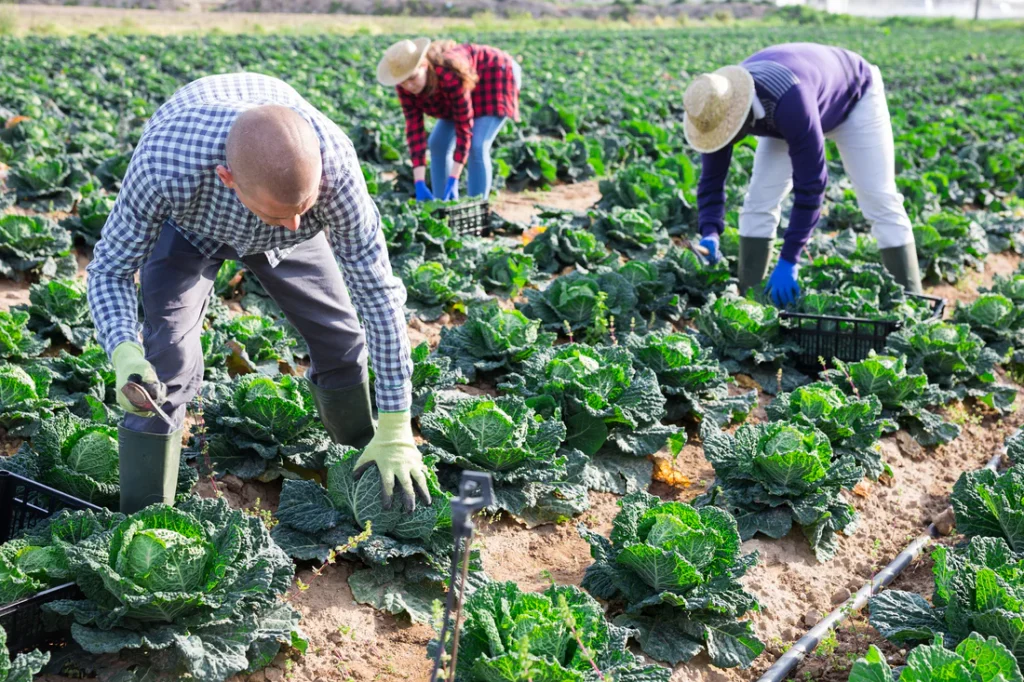 Understanding the Agricultural Landscape
Understanding the Agricultural Landscape
Before diving into any new venture, it’s crucial to understand the landscape you’re entering. The agricultural sector is vast, encompassing everything from crop production and livestock farming to agri-tech innovations. According to the Food and Agriculture Organization (FAO), agriculture employs over 1 billion people worldwide, making it one of the largest industries globally.
In recent years, we’ve seen significant shifts towards sustainable practices and organic farming. These trends are driven by consumer demand for healthier food options and environmental concerns. As we explore opportunities to start a new agricultural venture, it’s essential to consider these trends and how they might impact your business model.
Identifying Your Niche
One of the first steps in starting a new agricultural venture is identifying your niche. This involves understanding what specific area of agriculture you’re passionate about or have expertise in. Are you interested in traditional farming methods, or do you want to explore innovative agri-tech solutions? Perhaps you’re drawn to organic farming or urban agriculture.
It’s important to conduct thorough market research to identify gaps in the market that your venture could fill. For instance, if you’re considering organic farming, look into local demand for organic produce and potential competition. By pinpointing a niche that aligns with market needs and your interests, you’ll set a strong foundation for your venture.
Securing Funding for Your Agricultural Venture
Funding is often one of the biggest hurdles when starting a new agricultural venture. Fortunately, there are numerous avenues available for securing financial support. Traditional bank loans are an option, but they may require substantial collateral or credit history.
Alternatively, we can explore opportunities through government grants and subsidies aimed at supporting agricultural startups. Many countries offer financial assistance programs specifically designed for young farmers or those adopting sustainable practices.
Crowdfunding platforms like Kickstarter or GoFundMe have also become popular among entrepreneurs seeking initial capital without relying on traditional financing methods. These platforms allow us to present our business ideas directly to potential backers who share our vision.
Leveraging Technology in Agriculture
The integration of technology in agriculture has opened up exciting opportunities for innovation and efficiency improvements. From precision farming techniques using drones and GPS technology to smart irrigation systems that conserve water resources—technology is revolutionizing how we approach farming.
Agri-tech startups are gaining traction as they develop solutions that address common challenges faced by farmers worldwide. For example, FarmBot is an open-source CNC farming machine that automates small-scale food production using robotics technology.
By embracing technological advancements within our ventures, we not only increase productivity but also appeal to tech-savvy consumers who value innovation in their food sources.
Building Sustainable Practices
Sustainability has become a buzzword across industries—and agriculture is no exception! As stewards of the land responsible for feeding future generations sustainably—we must prioritize environmentally friendly practices within our ventures.
Implementing sustainable practices such as crop rotation techniques or regenerative agriculture methods helps maintain soil health while reducing reliance on chemical inputs like fertilizers or pesticides.
Moreover—consumers today are more conscious than ever about where their food comes from—and they’re willing to pay premium prices for products produced sustainably! By incorporating eco-friendly practices into our operations—we not only contribute positively towards environmental conservation but also tap into this growing consumer demand!
